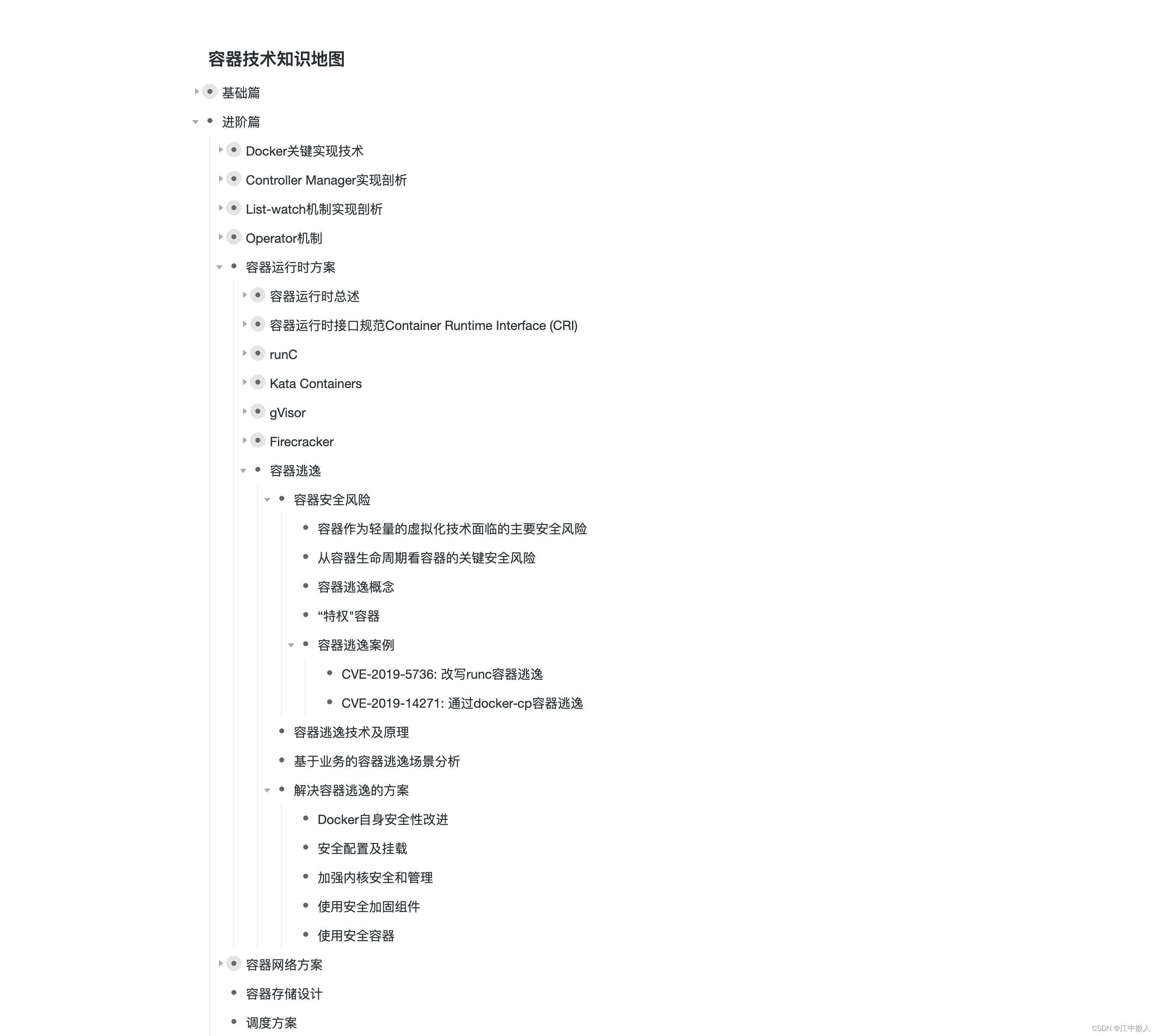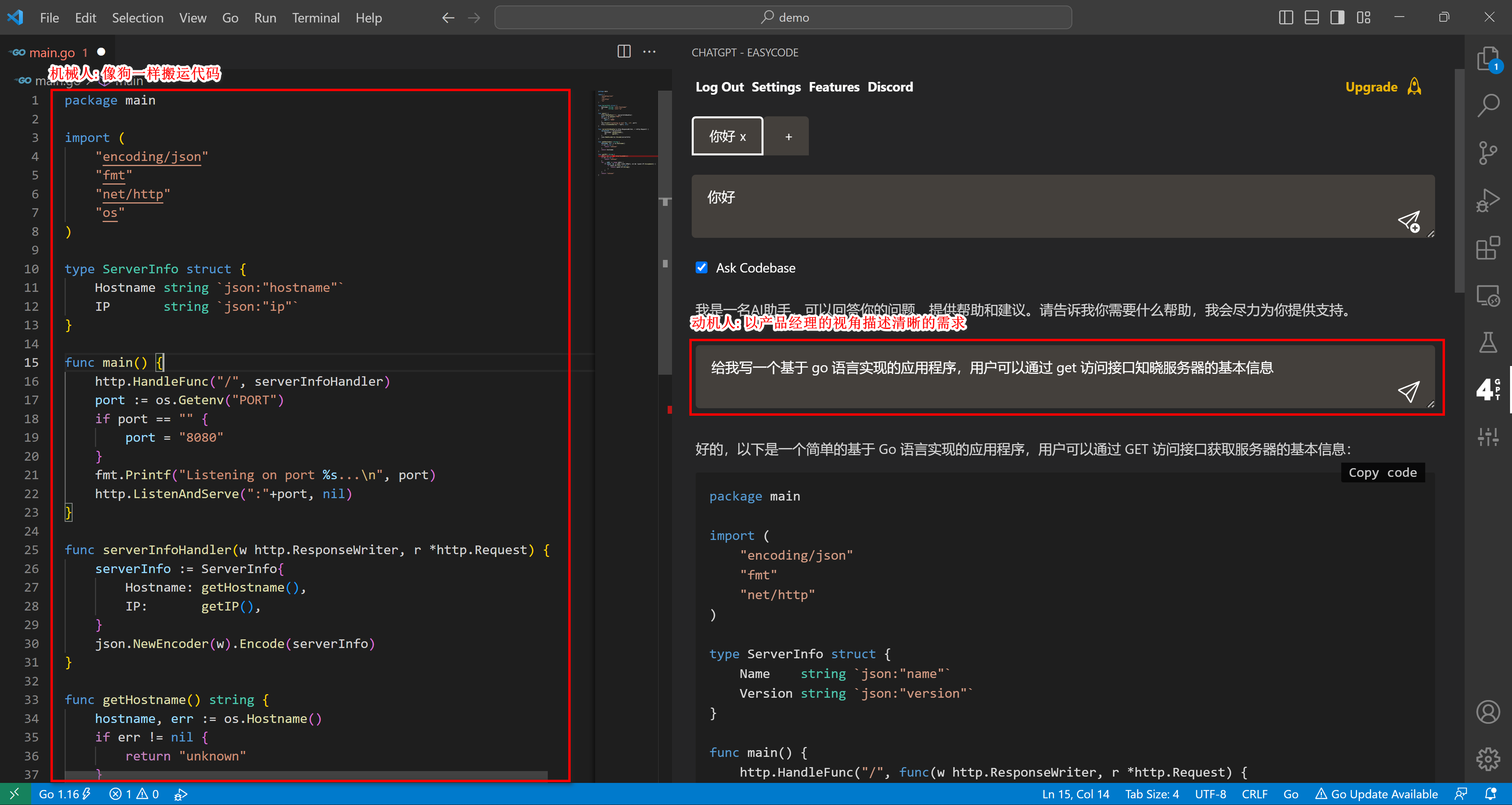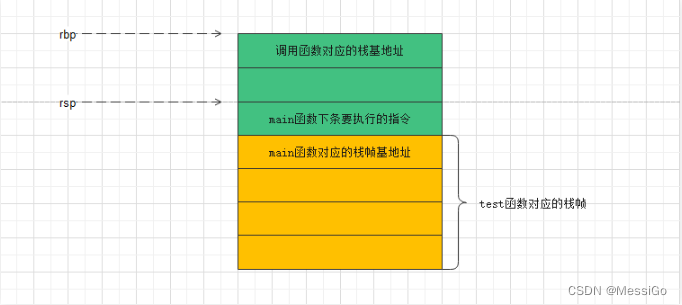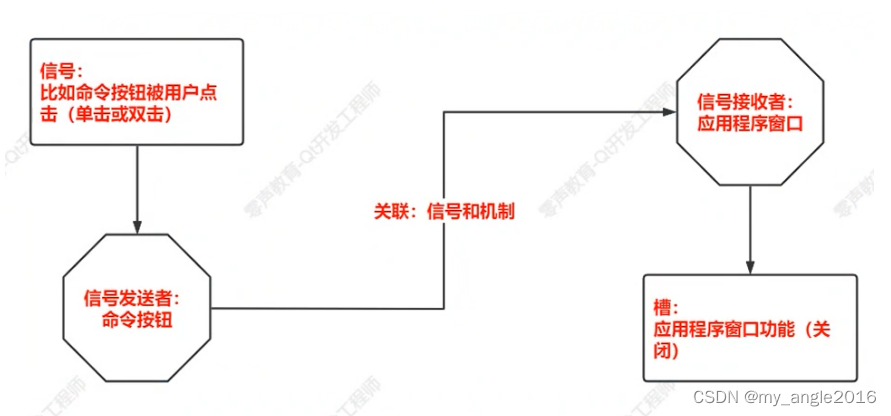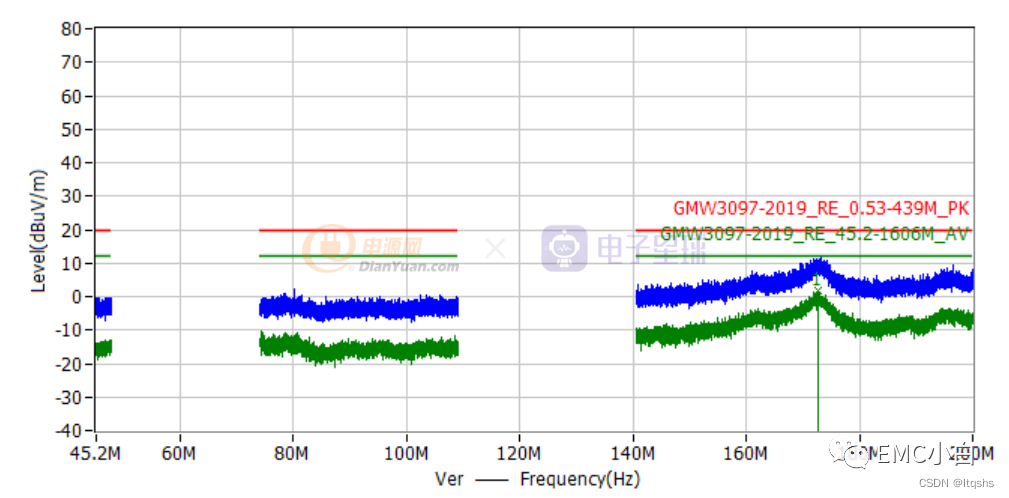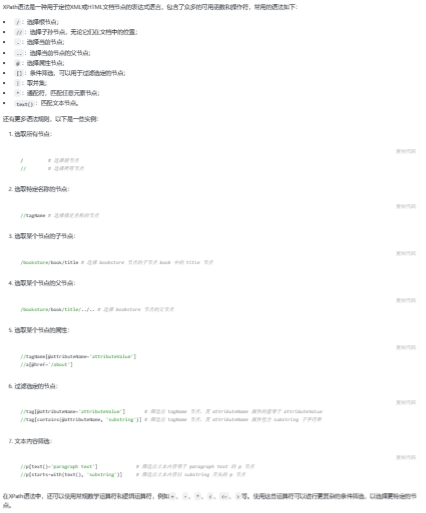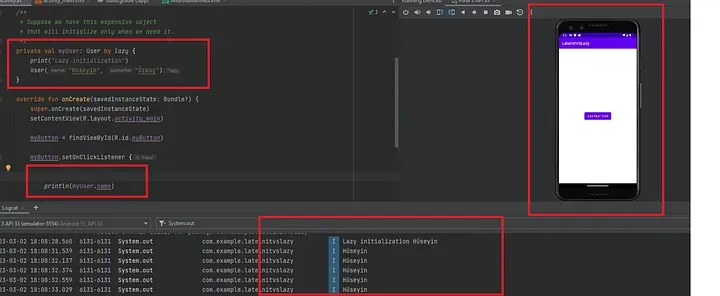一、string介绍
string是表示字符序列的对象。
标准字符串类通过类似于标准字节容器的接口为此类对象提供支持,但添加了专门设计用于处理单字节字符字符串的功能。
字符串类是 basic_string 类模板的实例化,该模板使用char作为其字符类型,以及默认 char_traits和 allocator 类型。
C语言中,字符串是以'\0'结尾的一些字符的集合,为了操作方便,C标准库中提供了一些str系列的库函数, 但是这些库函数与字符串是分离开的,不太符合OOP(封装,继承,多态)的思想,而且底层空间需要用户自己管理,稍不留神可能还会越界访问
二、string接口
详情可见string - C++ Reference (cplusplus.com)![]() https://legacy.cplusplus.com/reference/string/string/?kw=string
https://legacy.cplusplus.com/reference/string/string/?kw=string
1.string常见构造
| 函数名称 | 功能说明 |
| string() | 构造空的string类对象,即空字符串 |
| string(const char* s) | 用C-string来构造string类对象 |
| string(size_t n, char c) | string类对象中包含n个字符c |
| string(const string&s) | 拷贝构造函数 |
void test()
{
string s1;
string s2("hello world\n");//string()
string s3 = "heeeeeeelo\n";//先构造后拷贝构造-》直接构造 深拷贝
string s4(s2, 6, 8);//string (const string& str, size_t pos, size_t len = npos);
}2.string容量操作
| 函数名称 | 功能说明 |
| size | 返回字符串有效字符长度 |
| length | 返回字符串有效字符长度 |
| capacity | 返回空间总大小 |
| empty | 检测字符串释放为空串,是返回true,否则返回false |
| clear | 清空有效字符 |
| reserve | 为字符串预留空间** |
| resize | 将有效字符的个数该成n个,多出的空间用字符c填充 |
1. size()与length()方法底层实现原理完全相同,引入size()的原因是为了与其他容器的接口保持一 致,一般情况下基本都是用size()
2. clear()只是将string中有效字符清空,不改变底层空间大小
3. resize(size_t n) 与 resize(size_t n, char c)都是将字符串中有效字符个数改变到n个,不同的是当字符个数增多时:resize(n)用0来填充多出的元素空间,resize(size_t n, char c)用字符c来填充多出的元素空间。
注意:resize在改变元素个数时,如果是将元素个数增多,可能会改变底层容量的大 小,如果是将元素个数减少,底层空间总大小不变
4. reserve(size_t res_arg=0):为string预留空间,不改变有效元素个数,当reserve的参数小于 string的底层空间总大小时,reserve不会改变容量大小。
void size_func()//string容量操作
{
cout << "size_func" << endl;
string sx = "this is string function";
cout << "sx.size:" << sx.size() << endl;;
cout<<"sx.length:"<<sx.length()<<endl;
cout << "sx.max_size():" << sx.max_size() << endl;
cout << "sx.capacity():" << sx.capacity() << endl;
sx.reserve(100);//只改变capacity,不改变size
cout << "sx.reseve(100)后sx.capacity:" << sx.capacity() << endl;
cout << "sx.reseve(100)后sx.size():" << sx.size() << endl;
sx.resize(150);//同时改变capacity和size
cout << "sx.resize(150)后sx.capacity:" << sx.capacity() << endl;
cout << "sx.resize(150)后sx.size():" << sx.size() << endl;//size大小更改之后默认将空位置填充"\0"
cout << endl;
}3.string访问与遍历
| 函数名称 | 功能说明 |
| operator[] | 返回pos位置的字符,const string类对象调用 |
| begin+ end | begin获取一个字符的迭代器 + end获取最后一个字符下一个位置的迭 代器 |
| rbegin + rend | begin获取一个字符的迭代器 + end获取最后一个字符下一个位置的迭 代器 |
| 范围for | C++11支持更简洁的范围for的新遍历方式 |
void string_iterator()//string迭代器
{
cout << "string_iterator" << endl;
string s1("hello world");
string::iterator it = s1.begin();
while (it != s1.end())//end指向最后一个数据的下一个位置
{
cout << *it << " ";
++it;
}
cout << endl;
string::reverse_iterator rit = s1.rbegin();//反向迭代器
while (rit != s1.rend())
{
cout << *rit << " ";
rit++;//相当于镜像后从前往后,因此是++
}
cout << endl;
cout << "范围for实现" << endl;//底层仍然是迭代器,本质上是一样的
for (auto ch : s1)
{
cout << ch << " ";
}
cout << endl;
}4.string修改操作
| 函数名称 | 功能说明 |
| push_back | 在字符串后尾插字符c |
| append | 在字符串后追加一个字符串 |
| operator+= | 在字符串后追加字符串str |
| c_str | 返回C格式字符串 |
| find + npos | 从字符串pos位置开始往后找字符c,返回该字符在字符串中的位置 |
| rfind | 从字符串pos位置开始往前找字符c,返回该字符在字符串中的位置 |
| substr | 在str中从pos位置开始,截取n个字符,然后将其返回 |
1. 在string尾部追加字符时,s.push_back(c) / s.append(1, c) / s += 'c'三种的实现方式差不多,一般 情况下string类的+=操作用的比较多,+=操作不仅可以连接单个字符,还可以连接字符串。
2. 对string操作时,如果能够大概预估到放多少字符,可以先通过reserve把空间预留好
void change_func()//string修改操作
{
cout << "change_func" << endl;
string sx = "change_func";
sx.push_back('!');
cout << "sx.pushback('!'): " << sx << endl;;
sx += "xxx";
cout << "sx+=xxx: " << sx << endl;
cout << endl;
}5.string非类成员对象
| 函数名称 | 功能说明 |
| operator+ | 尽量少用,因为传值返回,导致深拷贝效率低 |
| operator>> | 输入运算符重载 |
| operator<< | 输出运算符重载 |
| getline | 获取一行字符串 |
| relational operators | 大小比较 |
三、string模拟实现
1.string.h
#pragma once
#define _CRT_SECURE_NO_WARNINGS
#include<assert.h>
#include<iostream>
using std::cout;
using std::endl;
using std::ostream;
using std::istream;
namespace my_string
{
class string
{
public:
typedef char* iterator;
typedef const char* const_iterator;
//string()//构造
// :_str(new char[1]), _size(0), _capacity(0)//这里new使用[]是为了适应更多情况,避免析构错误
//{
// _str[0] = '\0';
//}
//可以将无参构造和拷贝构造合并成一个缺省实现的拷贝构造
//但是如下写法是错误的,strlen会读取到"\0"位置,如果置为空,则strlen报错
//string(const char* str=nullptr)
//string(const char* str='\0')
//string(const char* str="\0")//可以
string(const char* str = "")//全缺省构造,常量字符串默认"\0"
: _size(strlen(str))
{
_capacity = _size == 0 ? 3 : _size;//保障_capacity不为零
_str = new char[_capacity + 1];
strcpy(_str, str);//使用strcpy是因为_str是一个字符指针
}
string(const string& s)//拷贝构造,实现深拷贝,避免重复析构
:_size(s._size), _capacity(s._capacity)
{
_str = new char[s._capacity + 1];
strcpy(_str, s._str);
}
~string()//析构
{
delete[] _str;
_str = nullptr;
_size = 0;
_capacity = 0;
}
//迭代器
iterator begin();
iterator end();
const_iterator begin()const;
const_iterator end()const;
//运算符重载
string& operator=(const string& s);//赋值运算符重载
char& operator[](size_t pos);//下标运算符重载
const char& operator[](size_t pos)const;//常对象下标运算符重载
bool operator>(const string& s)const;//大于下标运算符重载
bool operator<(const string& s)const;//小于下标运算符重载
bool operator==(const string& s)const;
bool operator>=(const string& s)const;
bool operator<=(const string& s)const;
bool operator!=(const string& s)const;
string& operator+=(const char* str);
string& operator+=(char ch);
//由于ostream类型已经在iostream中实现,所以不能作为ostream类的成员函数重载,只能作为全局函数或友元函数重载
friend ostream& operator<<(ostream& out, const string& s);//流插入
friend istream& operator>>(istream& in,string& s);//流提取
//成员函数
const char* c_str();//输出,c_str 的 c 有两个意思,一个是: const,不能写;一个是 C style,保证null结尾。
size_t size()const;//输出字符串大小,常函数
size_t capacity()const;//输出字符串容量,常函数
void resize(size_t n,char ch='\0');//开空间并初始化
void reserve(size_t n);//重新分配空间
void append(const char* str);//尾插字符串
void push_back(char ch);//尾插字符
size_t find(char ch,size_t pos=0);//查字符
size_t find(const char* str, size_t pos);//查字符串
void insert(size_t pos,char ch);//插入字符
void insert(size_t pos, const char* str);//插入字符串
void erase(size_t pos, size_t len = npos);//删除
void swap(string& s1);
void clear();//清除
private:
char* _str;//这里的_str不能加const,因为需要方便扩容
size_t _size;//当前存放容量
size_t _capacity;//有效字符容量
static const size_t npos = -1;
};
void test1()
{
string s1;
string s2("jello world");
cout << s1.c_str() << endl;
cout << s2.c_str() << endl;
}
void Print(const string& s)
{
for (size_t i = 0; i < s.size(); i++)//这里不能使用s.size(),不能跨类调用
{
cout << s[i] << " ";
}
cout << endl;
string::const_iterator it = s.begin();
while (it != s.end())
{
cout << *it << " ";
it++;
}
cout << endl;
}
void test_2()
{
string s1;
s1.resize(10, 'z');
cout << s1.c_str() << endl;
s1.resize(50, 'r');
cout << s1.c_str() << endl;
cout << s1.find('r') << endl;
cout << s1.find('x') << endl;
std::string s2("hello world");
cout << s2.find('x') << endl;
}
void test_3()
{
string s1;
s1.resize(10, 'r');
cout << s1.c_str() << endl;
s1.erase(0, 5);
cout << s1.c_str() << endl;
}
}
2.string模拟实现.cpp
#include"string.h"
using namespace my_string;
//迭代器
string::iterator string::begin()
{
return _str;
}
string::iterator string::end()
{
return _str + _size;
}
string::const_iterator string::begin()const
{
return _str;
}
string::const_iterator string::end()const
{
return _str+_size;
}
//运算符重载
string& string::operator=(const string& s)
{
if (this != &s)
{
char* tmp = new char[s._capacity + 1];
strcpy(_str, s._str);//拷贝数据
delete[] _str;//释放原有空间
_str = tmp;
_capacity = s._capacity;
_size = s._size;
//下面这种方式也可以,但是如果new失败了,由于delete,原有数据被破坏
//delete[] _str;
//_str = new char[s._capacity = 1];
//strcpy(_str, s._str);
//_size = s._size;
//_capacity = s._capacity;
}
return *this;
}
char& string::operator[](size_t pos)
{
assert(pos < _size);
return _str[pos];
}
const char& string::operator[](size_t pos)const
{
assert(pos < _size);
return _str[pos];
}
bool string::operator>(const string& s)const
{
return strcmp(_str, s._str) > 0;
}
bool string::operator<(const string& s)const
{
return strcmp(_str, s._str) < 0;
}
bool string::operator==(const string& s)const//变成常成员函数,是为了常成员变量调用
{
return strcmp(_str,s._str) == 0;
}
bool string::operator>=(const string& s)const
{
return *this > s || *this == s;//当==是常成员函数时,可以实现s==*this
}
bool string::operator<=(const string& s)const
{
return* this < s || *this == s;
}
bool string::operator!=(const string& s)const
{
return!(*this == s);
}
string& string::operator+=(const char* str)
{
append(str);
return *this;
}
string& string::operator+=(char ch)
{
push_back(ch);
return *this;
}
ostream& my_string::operator<<(ostream& out, const string& s)
{
for (auto ch : s)
{
out << ch;
}
return out;
}
istream& my_string::operator>>(istream& in,string& s)
{
s.clear();//先将s清空
//c语言与c++并不是同一个缓冲区,因此不能使用getchar()
char ch = in.get();
char buff[128];//目的是一段一段的开辟空间,避免空间浪费,函数结束后会销毁buff
size_t i = 0;
while (ch != ' ' && ch != '\n')
{
buff[i++] = ch;
if (i == 127)
{
buff[127] = '\0';
s += buff;//+=内部为append,实际上是双倍扩容,容易开辟过剩空间
i = 0;
}
ch = in.get();
}
if (i != 0)
{
buff[i] = '\0';
s += buff;
}
return in;
}
//成员函数
const char* string::c_str()
{
return _str;
}
size_t string::size()const
{
return _size;
}
size_t string::capacity()const
{
return _capacity;
}
void string::resize(size_t n, char ch)
{
if (n < _size)//相当于删除数据
{
_size = n;
_str[_size] = '\0';
}
else
{
if (n > _capacity)
{
reserve(n);
}
for (int i = _size; i < n; i++)
{
_str[i] = ch;
}
_size = n;
_str[_size] = '\0';
}
}
void string::reserve(size_t n)
{
assert(n > _capacity);//不允许缩容
char* tmp = new char[n+1];//需要n个空间,但是要开n+1个空间,多出来的这个空间存放"\0"
strcpy(tmp, _str);
delete[] _str;
_str = tmp;
_capacity = n;
}
void string::append(const char* str)//扩容
{
size_t len = strlen(str);
if (_size + len >= _capacity)
{
reserve(_size + len);
}
strcpy(_str + _size, _str);
//这里使用strcpy而不是strcat,strcat需要从头找"\0"再追加,如果字符串较长需要花费很多时间
//而扩容时可以知道,'\0'就在_size位置
_size += len;
}
void string::push_back(char ch)//尾插字符
{
if (_size + 1 > _capacity)
{
reserve(_capacity * 2);
}
_str[_size] = ch;
++_size;
_str[_size] = '\0';
}
size_t string::find(char ch,size_t pos)//查
{
for (int i=pos;i<_size;i++)
{
if (_str[i] == ch)
{
return i;
}
}
return npos;
}
size_t string::find(const char* str, size_t pos)
{
assert(pos < _size);
//const char* strstr(const char* str1, const char* str2);
//返回指向 str2 中第一次出现的 str1 的指针,如果 str2 不是 str1 的一部分,则返回一个空指针
char* p = strstr(_str + pos, str);
if (p == nullptr)
{
return npos;
}
else
{
return p - str;
}
}
void string::insert(size_t pos,char ch)//插入字符
{
assert(pos <= _size);
if (_size + 1 > _capacity)
{
reserve(2 * _capacity);
}
size_t end = _size + 1;
while (end > pos)
{
_str[end] = _str[end - 1];
--end;
}
_str[pos] = ch;
_size++;
}
void string::insert(size_t pos, const char* str)//插入字符串
{
assert(pos <= _size);
size_t len = strlen(str);
if (_size + len > _capacity)
{
reserve(_size + len);
}
size_t end = _size + len;
while (end > pos+len-1)
{
_str[end] = _str[end-len];
end--;
}
strncpy(_str + pos, str,len);//将str中的len个字符拷贝到_str+pos的位置,并且不拷贝str中的'\0'
//方法二
//size_t end = _size;
//for (size_t i = 0; i < _size + 1; i++)
//{
// _str[end + len] = _str[end];
// end--;
//}
}
void string::erase(size_t pos, size_t len)//这里不是len=npos,否则会报错重定义默认参数
{
if (len == npos || pos + len >= _size)
{
_str[pos] = '\0';
_size = pos;
}
else
{
strcpy(_str + pos, _str + pos + len);
_size -=len;
}
}
void string::swap(string& s1)//相比于swap(a,b)更高效
{
std::swap(_str, s1._str);
std::swap(_capacity, s1._capacity);
std::swap(_size, s1._size);
}
void string::clear()
{
_str[0] = '\n';
_size = 0;
}
int main()
{
//string s1("hello world");
//cout << s1.c_str() << endl;
//string s2(s1);
//cout << "s2.size():" << s2.size() << endl;
//s2.insert(3, 's');
//cout << "s2.insert(3,'s'):" << s2.c_str() << endl;
//test1();
//Print(s2);
//test_2();
test_3();
system("pause");
return 0;
}